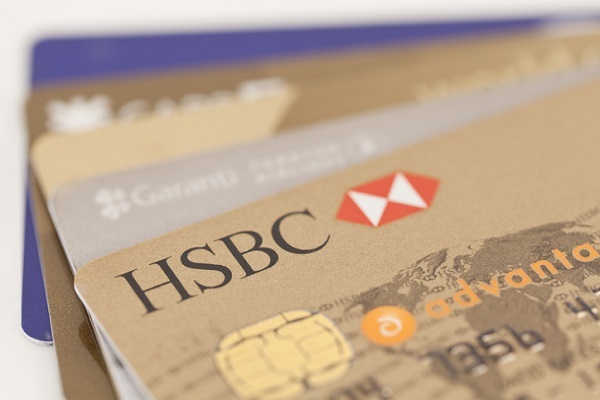ii view: HSBC plans to revert to quarterly dividends in 2023
12th August 2022 15:17
by Keith Bowman from interactive investor
Two and a half years into a change programme and with management confident in the outlook. Buy, sell, or hold?

First-half results to 30 June
- Revenue flat at $25.24 billion (£20.95 billion)
- Profit before tax down 15% to $9.17 billion (£7.6 billion)
- Interim dividend of 9 US cents, up from 7 US cents
- Capital cushion or CET1 ratio of 13.6%, down from 15.6%
Guidance:
- Expects a dividend payout ratio of around 50% for 2023 and 2024
- Returning to quarterly dividend payments in 2023
- Explore our: Free regular investing | Share prices today | Transferring an Investment Account
Chief executive Noel Quinn said:
"Our first-half performance reflects the continued impact of our strategy, with gathering revenue momentum and tight cost control. The progress that we've made growing and transforming HSBC means that we are in a strong position as we enter the current rates cycle. We are confident of achieving a return on tangible equity of at least 12% from 2023 onwards, which would represent our best returns in a decade.”
ii round-up:
Founded in 1865 in Hong Kong and now headquartered in London, HSBC Holdings (LSE:HSBA) serves more than 40 million customers in over 60 countries worldwide.
It operates across the three arenas of Wealth and Personal Banking, Commercial Banking, and Global Banking and Markets.
For a round-up of these latest results, please click here.
ii view:
HSBC employs more than 200,000 people. With a stock market value of over £100 billion, it sits comfortably above rivals Lloyds Banking Group (LSE:LLOY), Barclays (LSE:BARC) and NatWest Group (LSE:NWG), all at under £40 billion. Its previously detailed transformation plan focuses on reshaping its business portfolio, increasing its capital efficiency, and tightly managing costs.
- What happens to UK bank shares in a recession?
- Interest rate hike: what does it mean for your savings, mortgage and investments?
- NatWest shares surge as dividend investors receive major boost
For investors, a more challenged relationship between the world’s two biggest economies, the US and China, warrants consideration. Asia accounted for more than 65% of the HSBC’s profit in this latest half year. Europe, North America, and the Middle East all at under 10%. The global economic outlook remains uncertain, offering some doubt over future bad debt provisions, while competition in the industry is intense.
More favourably, progress under its transformation plan is being made. In reshaping its business portfolio, it recently completed its purchase of AXA Singapore and sold businesses in Russia and Greece, subject to regulatory approvals. The bank’s Return on Tangible Equity rose by 0.5% to 9.9%, while its cost reduction programme remains on track. The bank also plans to return to quarterly dividend payments during 2023 (it is currently paying twice a year).
In all, with management’s increased outlook, confidence allowing it to firm up its dividend hopes, and the shares now sat on a forecast dividend yield of around 4.5%, income investors at least are likely to stay long-term positive.
Positives:
- Transformation plan being pursued
- Looking to return to quarterly dividend payments
Negatives:
- Capital cushion reduced
- Heightened political tensions between the US and China
The average rating of stock market analysts:
Buy
These articles are provided for information purposes only. Occasionally, an opinion about whether to buy or sell a specific investment may be provided by third parties. The content is not intended to be a personal recommendation to buy or sell any financial instrument or product, or to adopt any investment strategy as it is not provided based on an assessment of your investing knowledge and experience, your financial situation or your investment objectives. The value of your investments, and the income derived from them, may go down as well as up. You may not get back all the money that you invest. The investments referred to in this article may not be suitable for all investors, and if in doubt, an investor should seek advice from a qualified investment adviser.
Full performance can be found on the company or index summary page on the interactive investor website. Simply click on the company's or index name highlighted in the article.